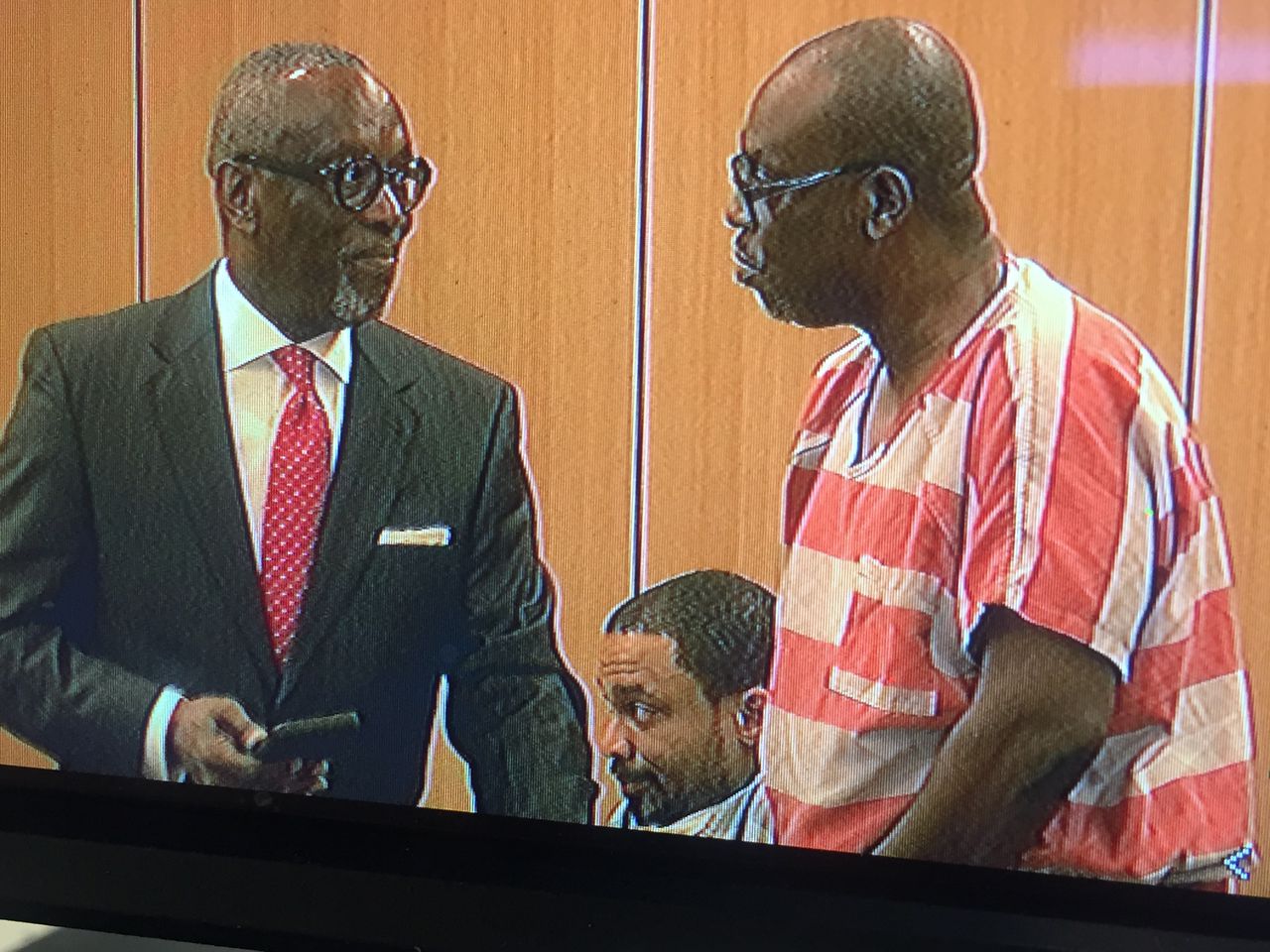A wrongful death lawsuit has been filed in the disappearance and death of Paighton Houston, who was found buried in a shallow grave two years ago.
The lawsuit was filed Dec. 20, 2021, which was the two-year anniversary of Houston’s disappearance. Attorney Scott Hughes filed the suit on behalf of Houston’s mother, Charlaine Houston, and family.
The lawsuit names as defendants Fredrick Hampton, who is charged with corpse abuse in Houston’s death, as well as Tin Roof Acquisition Company and the City of Birmingham.
Efforts to reach the Tin Roof and Birmingham attorneys weren’t immediately successful. Hampton’s attorney, Emory Anthony, declined to comment.
Houston vanished Dec. 20. She was last seen at Tin Roof in the 2700 block of Seventh Avenue South in Birmingham’s Lakeview District. According to Birmingham police, she left the bar about 10:45 p.m. with two males.
She had reportedly gone to the Birmingham bar with co-workers.
Friends on Facebook said Houston didn’t know the men and that the last text message from her to a coworker – about two hours after she left Tin Roof – stated she didn’t know where she was, and she felt she might be in trouble. She had sent multiple messages to her co-worker, the last one reading, “Idk who im with so if I call please answer. I feel in trouble.” That text was sent at 12:15 a.m. Dec. 21 but not seen by her coworker until nearly two hours later.
“We have evidence the victim and the offender were together the night of Dec. 20, 2019,’’ said Sheriff’s Office Deputy Chief David Agee in an earlier press conference. “We have evidence the victim died the next day at a house on McClain Street in Brighton. We have evidence that after the victim died, her body was disposed of in a criminal manner by Fredrick Hampton.”
The lawsuit states that Houston went to Hampton’s home and then they, and at least one other person, left there and went to the Tin Roof.
While there, Houston, Hampton and others were continually served alcohol, “despite being observed to be visibly and apparently intoxicated on the premises,’’ and never “cut off” from buying more, the suit says.
Late that night or early the next morning, Houston, Hampton and unnamed defendants left the Tin Roof while “visibly and apparently intoxicated.” Family and friends were then unable to contact Houston.
While both Houston and Hampton were in a “visibly and apparently intoxicated state,’’ the suit states, “Hampton proximately caused the death of Paighton Houston by providing and or/administering a lethal dose of morphine and methamphetamine,’’ to Houston.
The suit contends that Tin Roof is required under a City of Birmingham ordinance to have adequate security and security cameras inside the business but did not have either.
When family went to the Tin Roof on Dec. 21, 2019, to try to ascertain the whereabouts of Houston, they were told the only camera was directed at the cash register in the bar. The business’s “refusal” to comply with the city ordinance, the suit states, thwarted efforts by the family and law enforcement to try to determine with whom she left. “Had they known,’’ the suit contends, “her life might have been saved.”
The conduct of the defendants toward Charlaine Houston and/or Paighton Houston, according to the lawsuit, “was so outrageous that it went beyond all possible bounds of decency and was atrocious and utterly intolerable in a civilized society.’
The suit seeks unspecified damages.

The body of the 29-year-old Houston was found Friday, Jan. 3, wrapped in sheets and buried in a shallow grave behind the house at 215 Chapel Drive. That house belongs to relatives of Hampton.
The Jefferson County Coroner’s Office listed the cause of death as morphine and methamphetamine toxicity. The manner of death is accidental. “This represents an overdose and is classified as a drug-opioid death,’’ Chief Deputy Coroner Bill Yates previously said.
Hampton, who is out of jail and on electronic monitoring, is set to go to trial later this year on the corpse abuse charge.
Hampton is not charged in Houston’s death, only with actions authorities say he took following her death, which in this case would be burying her. According to Alabama law, a person commits the crime of abuse of a corpse if he or she knowingly treats a human corpse in a way that would “outrage ordinary family sensibilities.” It is a Class C felony.









